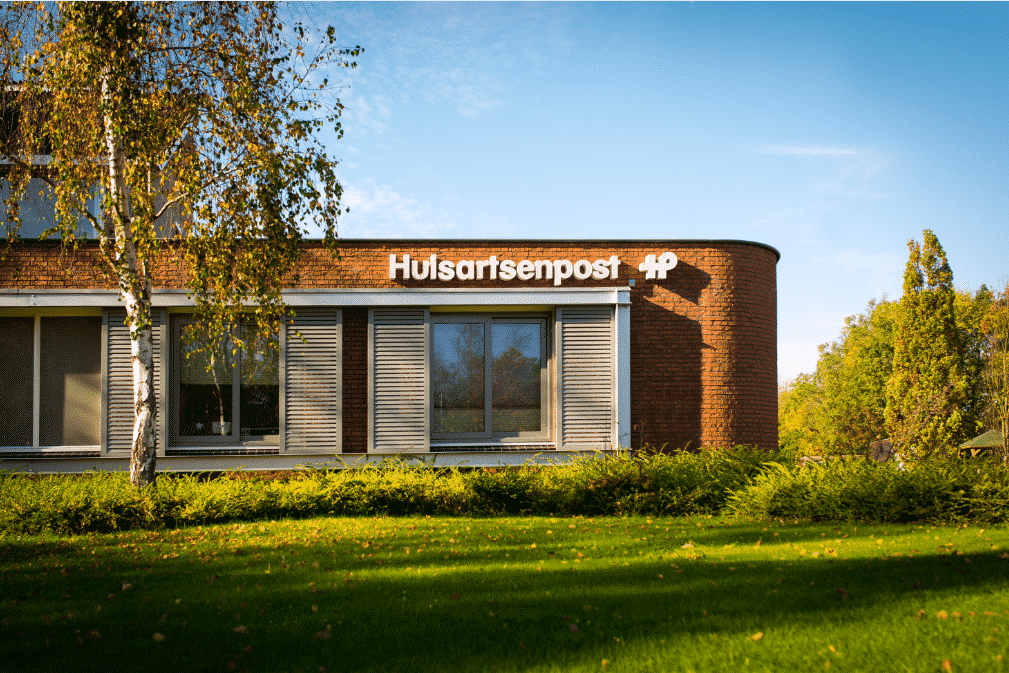
Round tables to solve bottlenecks
22-12-2022 -message from Milja Matthijsen – member of the cooperative board
On behalf of the general practitioners in our region, the General Practitioners Alrijne Taskforce (HARR) will organize round table discussions in the coming period to explore solutions for the most common bottlenecks in the collaboration.
Negative signals
In recent months, negative signals have emerged from the HARR, individual GPs, hagro’s and Alrijne Hospital about the cooperation between the GPs and the hospital. These signals are partly inherent in increasing shortages in the labour market, the Corona pandemic, the increasing demand for care and the associated increase in waiting lists. Of course, a lot is going very well in the collaboration, but it is still important to consider these signals. They deserve our sincere attention given the importance of a good relationship between the general practitioners and the hospital and the job satisfaction of everyone in the long term if there is a lasting good cooperation.
Joint solutions
In consultation with all those involved in the HARR, we will therefore organise round table discussions with general practitioners and medical specialists (from Alrijne and from the LUMC) in the coming period with the aim of developing joint solutions for:
1) optimising the referral flow; including reducing the administrative burden of having to refer back to the GP if another medical specialty is needed for the handling of the complaint. The many rules from the Health Insurance Act and the policy of the insurers are “in our way” there, but if we work together, it should be possible to solve this.
2) coordination of care responsibilities; including joint agreements for common care pathways. These are agreements about where one person stops treatment and another picks it up and what policy is in terms of division of tasks as long as someone is on the waiting list.
What is the General Practitioners Alrijne Regie Raad (HARR)?
The HARR is an initiative that started and was initiated in mid-November 2021 from the Alrijne Hospital. The foundation arose from the idea that general practitioners were insufficiently represented in the existing consultation structures.
The following parties are represented in the HARR at the administrative level: Alrijne Hospital, Stichting Rijncoepel, Alphen op 1 lijn, Zorggroep ROHWN, Zorggroep Katwijk, HAP De LIMES, Knooppunt Ketenzorg and LHV.
Purpose of the HARR
We think it is important that there is administrative coordination of current topics and related needs in the region (inside and outside the hospital). So that we are jointly aware of existing and new initiatives, there is mutual involvement and unambiguous communication, which leads to optimal cooperation between Alrijne and the general practitioners. In doing so, we are fulfilling our joint ambition to organise the best care for our patients in the region.
The HARR must meet the desire to streamline communication and cooperation between primary and secondary care, with the aim that this will lead to task reduction, greater mutual job satisfaction for both parties.
Topics in the HARR
In the HARR, various topics are discussed under themes such as ICT, Strategy and Organizational Development, Expertise Promotion and Healthcare Innovation.
In the past period, research has been carried out, among other things, into the points where GPs experience the most inconvenience from increasing waiting lists (leading to more questions to the GP), from uncoordinated transfer of care tasks (e.g. repetition of lab research) and frustrations with regard to the referral flow (e.g. unnecessary referral letters).
Practice
At the HARR meeting in November, we discussed the above-mentioned topics further. The outcome of this is that we see that a number of practical examples from primary care can be improved in an accessible way and through clear communication and correct compliance with existing policy.
This includes compliance with the referral policy, whereby, for example, no new referral is required for a known patient if the patient’s care request has not yet reached the status of ‘finished treatment’ and the patient has been referred back to the GP by means of the (electronic) GP letter.
Another example is that patients do not have to approach the GP again if they want to bring an appointment forward, because the GP has already determined the urgency in the referral via ZorgDomein.
However, we want the cooperation to improve in a constructive way and for the long term, which is why we like to look for more in-depth information on a number of topics through ‘adversarial hearing’.
Do you have any questions and/or comments? You can contact Ineke Kolijn, Senior Advisor Relationship Management Alrijne Hospital via ikolijn@alrijne.nl or 06-21 65 15 83
Back to overview